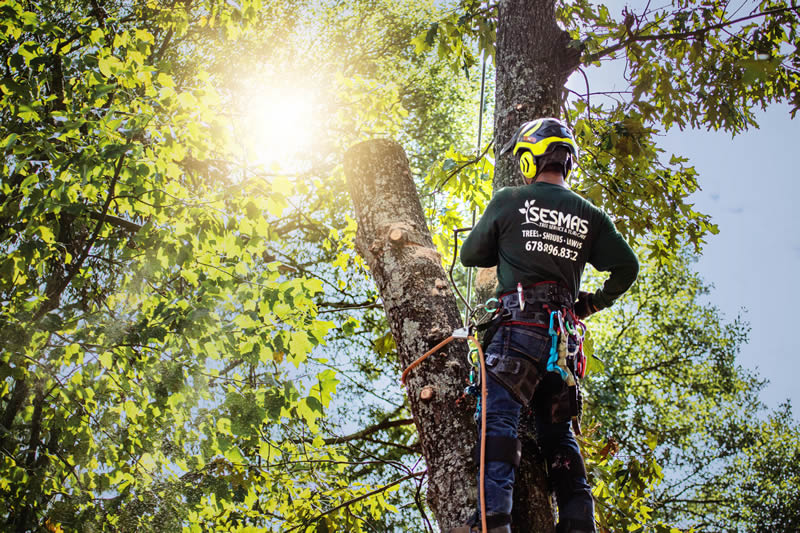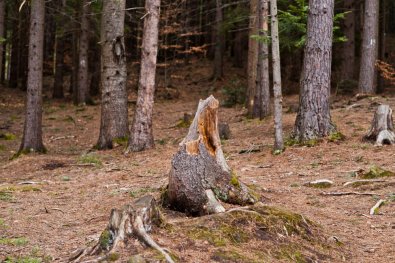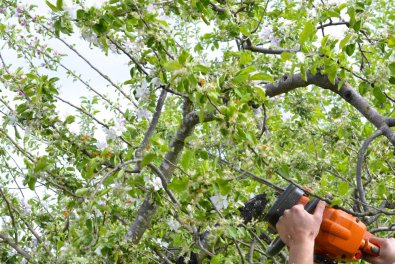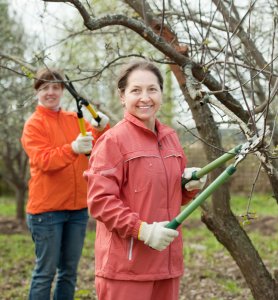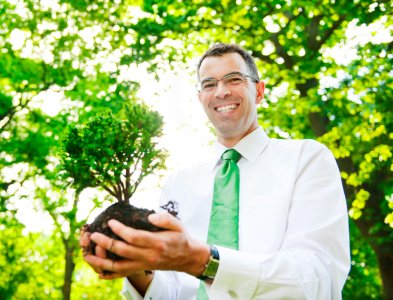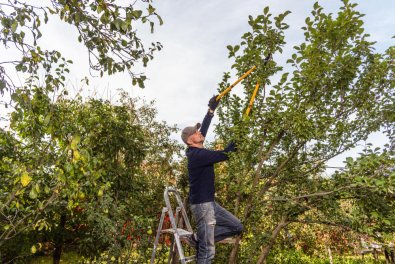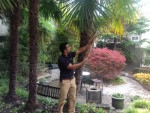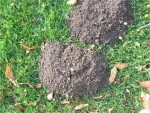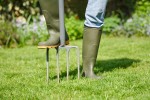5 Trees You Should Never Plant
Trees enhance the aesthetics and quality of every landscape. These magnificent beings provide shade in the summer and purify the air. However, trees can become a problem, hence the need to consult a professional tree care company before every planting exercise. At Sesmas Tree Service, we have experienced arborists ready to help you choose the suitable tree species for your yard without compromising the bottom line. The last thing any homeowner wants is planting trees with toxic leaves, extensive roots that damage structures, or sap-producing species that stain surfaces. Here are five trees you will never want to grow.
Bradford Pear
Although trees are a valuable addition to any yard, Bradford pear trees have a distinct smell that contradicts that. These species produce beautiful white flowers that improve curb appeal, but the foul odor might cause disputes in your neighborhood. Avoid planting these trees to prevent nasty looks from neighbors and value depreciation.
Honey Locust
Honey locust trees are a safety hazard and a hassle because of their thorny trunks. While the physical aspects are challenging, this species is highly susceptible to infestations and infections. Even if you plant one honey locust tree, it can affect the well-being of surrounding trees and the quality of your yard. We recommend removing the tree if you need to call an exterminator or tree service because of the vermin in the yard. Our arborists can recommend a safer and more durable species for your home.
Black Walnut
A black walnut tree is another tree you shouldn’t grow in your backyard. This species produces toxins that cause contact dermatitis and skin irritation. The tree’s hulls, leaves, and nuts contain juglone, a chemical compound naturally found in walnut trees. With that in mind, green walnut trees also contain juglone, but to a lesser extent than the latter. While contact with a black or green walnut is treatable, people with preexisting skin conditions can get severe injuries.
Sweetgum Trees
Sweetgum trees grow across the United States and can be found in over 29 states. You can identify this species by its spiny fruits and star-shaped leaves. Despite their prevalence, studies show a correlation between environmental damage and sweetgum trees. These trees produce a sap that irritates the skin upon contact, and the fruits attract insects that damage other plants. Although a sweetgum tree in the yard is not a significant cause for concern, you may risk a full-scale infestation with time.
Cottonwood Trees
You may have noticed cottonwood trees in your neighborhood because of their cotton-like seeds. The tree appears harmless, but it can wreak havoc. The leaves are toxic and cause rashes, irritations, and blisters. You can remedy the problem by washing your hands with soap. The seeds are also dangerous, as they cause vomiting, nausea, and diarrhea if ingested.
It is advisable to avoid these tree species because of their high toxicity. Contact us at Sesmas Tree Service and leverage our extensive industry expertise to grow safe and durable trees. Our tree care company provides excellent services, such as planting, maintenance, and removal, at competitive rates.


